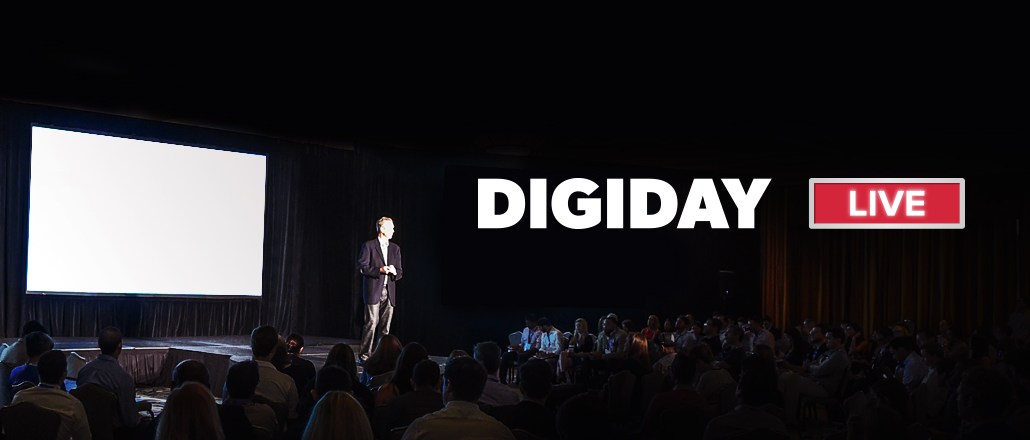Secure your place at the Digiday Media Buying Summit in Nashville, March 2-4
Crossmedia’s Ali Plonchak: Agencies should welcome transparency audits

Subscribe: iTunes | Stitcher | RSS | Anchor
Ali Plonchak, managing director of digital strategy and integration at Crossmedia, believes the focus on transparency in media buying should be welcomed by agencies.
“We go through an audit every year done by PWC,” said Plonchak,who spoke at the Digiday Media Buying Summit in Nashville on Feb. 20. “There’s a couple key components [to staying transparent]. All negotiated value is client value. Any rebates that come back go back to clients. All income is client remuneration. We only make money based on our clients. We can’t have stakes in any media providers. We have a strict incentives policy. So we don’t do the custom jeans parties or skiing trips.”
Plonchak discusses the checks each agency should go through, why disclosed models are better than non-disclosed models and more. Edited highlights below.
The truth test.
“Understand if your client’s data supplementing anybody else’s data. Is that data going into an agency’s DMP? Is that data being used to create audiences for another advertiser? Maybe you’ve created a great second-party data-sharing marketplace. If I was the client I would want to govern that data and make the money off of that and not have another party make money off of it. Everything from brand safety to an ad server to a media partner, any rebate that comes back gets redistributed to the clients proportionally based upon the spend that they contributed. Is the organization operationally structured to put the client’s goals first? Is measurement holistic and neutral? Can you tell the client the truth?”
Where the media partners come in.
“Clients are continuously squeezing agencies for fees. Every time we’re in a discussion, it comes down to the fees. We always tend to be the most expensive because all our income comes from the client. The media partners incentivize them [agencies] to sign a deal to spend a certain amount of volume to commit to something upfront and that way [suppliers] can offer [agencies] a deal that they can make money on.”
Don’t fall in the trap of deals.
“In a disclosed model, the client is first and the agency and client are agreeing to a certain partnership. Say the client wants to buy a certain media for $100. The media cost goes from the media supplier to the agency. The agreement between the agency and the client is 4 percent. So that cost $104. In a non-disclosed model, the client is not first. The agency has signed an agreement with a supplier across the board for the agency to guarantee a spend of x amount of dollars with the supplier. In return, the agency gets, say, that $100 value for $75. Now the agency can afford its resources, pay for its people and tell the clients it doesn’t cost anything. You could argue everyone wins in this. But this is a stable triangle of doom that needs to be fixed. The agency is losing the opportunity to recommend the right media supplier to the client. For the client, there is a huge lack of objectivity in the media decisions. And when the clients start suspecting there are hidden fees, that’s when the in-house conversations start happening.”
More in Marketing

Future of Marketing Briefing: AI’s branding problem is why marketers keep it off the label
The reputational downside is clearer than the branding upside, which makes discretion the safer strategy.

While holdcos build ‘death stars of content,’ indie creative agencies take alternative routes
Indie agencies and the holding company sector were once bound together. The Super Bowl and WPP’s latest remodeling plans show they’re heading in different directions.

How Boll & Branch leverages AI for operational and creative tasks
Boll & Branch first and foremost uses AI to manage workflows across teams.








